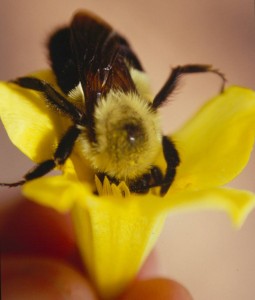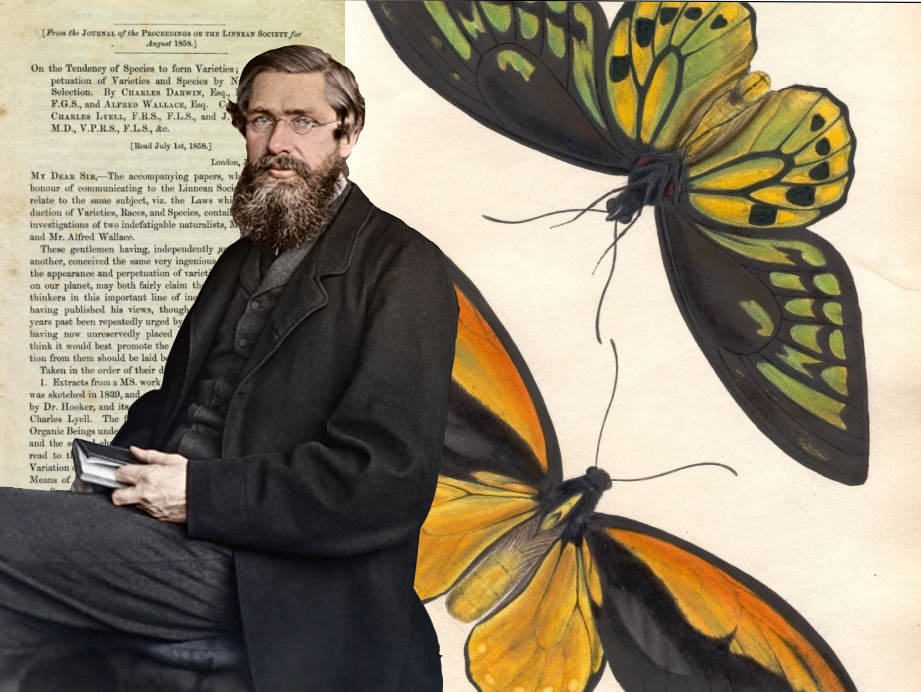Tuesday, October 8th
Alfred Russel Wallace: Insects and the Discovery of Evolution
Andrew Berry
Assistant Head Tutor of Integrative Biology
Lecturer on Organismic & Evolutionary Biology
Harvard University
In 1908, at an event to mark the 50th anniversary of the publication of the theory of evolution by natural selection by Charles Darwin and Alfred Russel Wallace, Wallace addressed a simple question: why did it fall to him and Darwin (who had died a long time previously, in 1882) to make the discovery? Why had the simple insight that is natural selection not occurred to other arguably more penetrating contemporary thinkers? Wallace’s answer: Beetles. Both he and Darwin started their careers as naturalists as avid beetle collectors. Historians of science have traditionally dismissed this claim as a typical instance of Wallace’s modesty, but I will argue that in fact studies of beetles — and other groups of insects — did indeed provide the scientific foundation of the Darwin-Wallace theory.
Tuesday, March 13, 2012
7:30 PM
Pretty and poisonous: the role of plant defenses in flowers
MCZ 101, 26 Oxford Street, Harvard University

Lynn Adler
Dr. Lynn Adler,Associate Professor, Department of Plant, Soil and Insect Science, UMass Amherst
The role of chemicals in mediating plant-animal interactions in flowers is relatively unexplored. Flowers act as signals for pollinators, but may also be used by unwelcome guests such as nectar robbers, flower eaters, and seed predators. If leaves and flowers both contain defensive chemicals, it may be difficult for plants to facilitate pollination and also maintain plant defenses. Exposure to defensive chemicals in pollen and nectar has the potential to affect pollinator health. Considering the role of floral defenses will provide a more in-depth understanding of how such traits evolve, and their consequences for population dynamics of both plants and insects.
The talk is free and open to the public. The meeting is readily accessible via public transportation. Parking is available in the Oxford Street Garage with advance arrangement, as described here, or (usually but not always) at spaces on nearby streets. Everyone is also welcome to join us for dinner before the talk (beginning at 6:15 PM) meeting at the Caspersen Student Center cafeteria, if you are late we may be at Cambridge Commons this month.
CEC meetings are held the second Tuesday of the month from October through May. The evening schedule typically includes an informal dinner (6:15 to 7:15 PM) followed by our formal meeting (7:30 – 9:00 PM). The latter begins with club business and is followed by a 50 minute entomology related presentation. Membership is open to amateur and professional entomologists.




